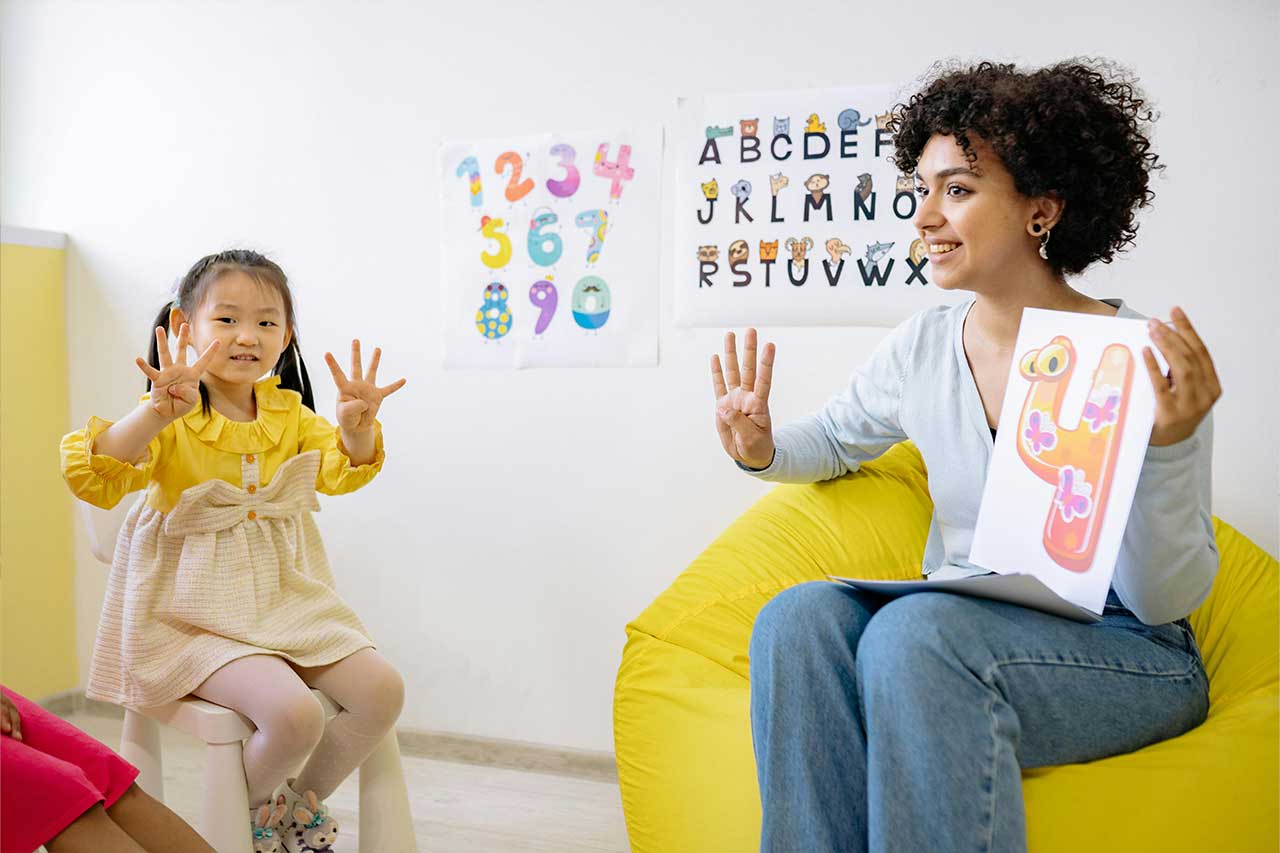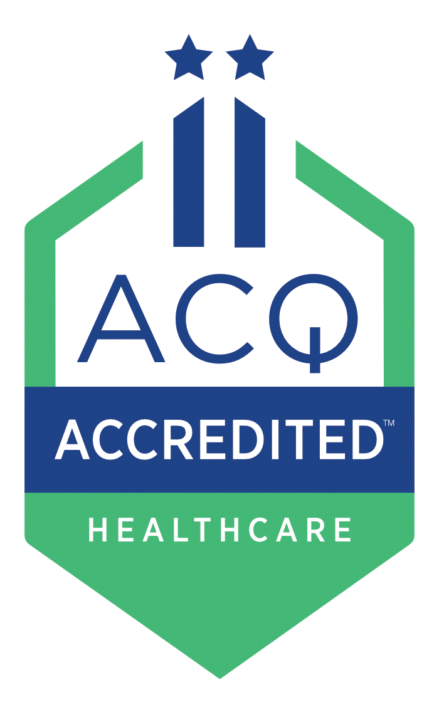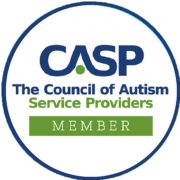How Long Is an Autism Evaluation?
If you’re noticing possible challenges with your child’s or teenager’s social or emotional development, you may be wondering if an autism evaluation is needed. When possible, early detection for a child with autism is ideal to ensure they and you have the right support in the years to come. However, testing can be initiated at any age. An autism evaluation is a pivotal step toward effective intervention for your learner, including Applied Behavior Analysis (ABA) therapy.
A professional may use a number of assessment tools to diagnose autism, all of which are designed to help parents and families obtain an accurate understanding of their learner’s developmental profile.
If you’ve been referred by your child’s educator, doctor, or psychologist for Autism Spectrum Disorder testing, you may have many questions about what to expect. In this article, we’ll answer key questions like:
- What is done during an autism evaluation?
- How long is an autism evaluation?
- How can I prepare my child?
- What happens after an autism diagnosis?
As you navigate this process with your learner, knowing in advance what to expect and where to find answers to your questions can reduce some of the natural stress you may be feeling.

What Is Done During an Autism Evaluation?
A comprehensive autism assessment is usually conducted by a psychologist or medical doctor; a pediatrician in the case of children. These professionals use a variety of assessment tools and methods, including observations, interviews, standardized tests, and questionnaires. This holistic approach ensures a thorough understanding of the learner’s developmental profile, strengths, and challenges.
Most commonly, autism evaluations will utilize one or more of the following:
- Autism Diagnostic Observation Schedule – Second Edition (ADOS-2)
- Autism Diagnosis Interview – Revised (ADI-R)
- Childhood Autism Rating Scale (CARS)
- Gilliam Autism Rating Scale – Second Edition (GARS-2)
In each instance, autism evaluation tools help your clinical team assess your child’s skills in key domains such as communication, daily life activities, social/peer interactions, and more.
How Long Does an Autism Evaluation Take?
To complete the necessary diagnostic steps, you may need to schedule more than one assessment appointment. Generally, each visit lasts two to three hours.
An autism evaluation will consist of an interview and observation at an interactive appointment designed to help with making a diagnosis. The process is backed by research, with the goal of producing an accurate profile of your learner.
While some evaluations may be completed in a single day, others require multiple visits over a period of several weeks to capture a comprehensive picture of your learner’s abilities and needs. Many factors – chiefly the assessment tools deployed – affect the amount of time it takes to complete an autism evaluation. Here are some examples of how unique factors influence the duration of testing and diagnosis:
- Age: A younger child may need more time to engage with your clinical team and give responses.
- Environments: It’s helpful for experts to observe and interact with your child in a number of settings, such as school, home, or a clinical space.
- Collaboration: Engaging multiple specialists from different fields can take time to schedule but offer important insights for your learner’s journey.
Overall, families and caregivers typically should be prepared that autism evaluations are complex and simply take time to be completed for a thorough diagnosis. There are a few ways you can contribute to moving the process along efficiently and aiding the work of your clinical team:
- Don’t delay
Young children starting at around 12 to 18 months may show signs of neurodiversity. Seeking an assessment at the youngest age possible positions your learner for the best support during the critical brain development period. - Take notes
Sharing with the evaluation team your family’s observations (in detail) about milestones and other behavior-related history can help strengthen the diagnostic process. - Involve your child
Talk with your learner about upcoming evaluation appointments to help them feel prepared for their experience. This can sometimes help your child lean into the process, giving evaluators more access for diagnostic purposes.
In addition, prepare – ahead of your first appointment – all relevant medical records that could help your evaluation team identify your child’s individual skills or needs.
When you schedule an autism evaluation with A Bridge to Achievement (ABtA), we’ll give you more personalized information about how long each appointment will last and what to bring with you.
What Happens After an Autism Evaluation?
Keep in mind not every learner who is evaluated for autism will be diagnosed with autism. In all cases, you’ll receive a detailed report showing what kind of information was collected during the assessment process and what it means, including recommendations for an alternative diagnosis if needed.
At A Bridge to Achievement, we’ll meet with you (or discuss over the phone if you live a great distance away) to go over your child’s evaluation results and answer questions, when requested. You’ll receive detailed information about recommended therapies and treatment options – all formed with the specific goals and needs of your learner top of mind.
Often, ABA therapy is part of an individualized treatment plan. Once autism evaluation diagnostic steps are complete, you can begin discussions with your clinical team about the next steps. ABA is designed to foster your child’s development and is often one of many therapeutic options.

The Importance of an Autism Evaluation
A thorough autism evaluation is crucial in understanding a learner’s unique strengths and challenges. This understanding paves the way for targeted interventions that can significantly enhance the child’s development and quality of life. When parents view the evaluation as a positive step, this helps build the necessary support and resources for their child.
In some cases, families are discouraged by either the duration of autism testing or the long waits sometimes encountered to receive assessment appointments. At A Bridge to Achievement, we understand how important the timeline is for connecting your child with support services.
Between our dedication to serving only the autism community and our three North Carolina locations, we often see shorter wait times than those found at other clinics or centers. That said, we are at the mercy of insurance provider timelines. Typically, it takes five to six weeks between assessment to starting services, if applicable. Our intake team will inform you if this timeline changes.
Your learner’s well-being is our priority, and we are here to help you every step of the way. Call or email us with questions – we can help you navigate the testing process. Support starts here!





